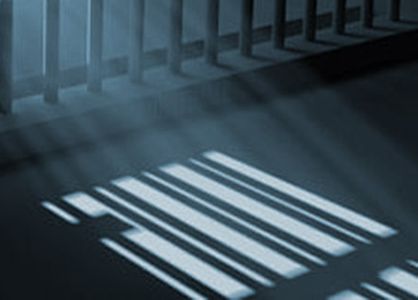Radio Free Asia (RFA) carried a report titled “North Korea Begins Crackdown on Falun Gong,” by Jieun Kim for RFA’s Korean Service on May 17, 2019. It was translated by Leejin Jun and written in English by Eugene Whong.
Falun Gong, also known as Falun Dafa, was made public first in Changchun, Jilin Province, China on May 13, 1992, by its founder Mr. Li Hongzhi. The practice has since spread to more than 100 countries.
Jiang Zemin, former head of the Chinese Communist Party (CCP), perceived the spiritual discipline’s growing popularity as a threat to the CCP’s atheistic ideology and issued an order to ban Falun Gong on July 20, 1999.
The RFA article stated, “Outside of China, the movement was considered harmless and continued to flourish. It is often cited as an example of religious persecution in China, with practitioners and allied religious freedom advocates holding protests in major cities to bring attention to the situation faced by Falun Gong believers in the PRC.
“Sources within North Korea have said that authorities in Pyongyang have begun a crackdown on Falun Gong as the city has seen a sharp increase in the number of followers within its population.”
The article continued with more details of the persecution in North Korea beginning in April. “The judicial authorities are struggling because the spread of Falun Gong among citizens of Pyongyang has surged beyond their expectations,” a source from Pyongyang to RFA’s Korean Service in an interview on May 11.
Based on the source the article stated, “In early April, the police issued a proclamation ordering citizens to voluntarily report their status as believers in Falun Gong. They threatened to impose harsh punishments on those who don’t turn themselves in, but are found after the reporting period.”
The article stated that the government action against Falun Gong had backfired, as the negative publicity for Falun Gong seemed to have made it more popular.
The source said, “After the proclamation and subsequent crackdown, people are suddenly very interested in Falun Gong, which had already been spreading in [Pyongyang’s] underworld.
Falun Gong is known here as a religious practice that combines meditation and physical exercises, so people are now approaching it with curiosity.”
As to how Falun Gong entered North Korea, the source suggested it was introduced by trade officials in Pyongyang.
According to the source, “The headquarters of the central trade organisations are concentrated in Pyongyang. As North Korea-China trade relations have become more active recently, Falun Gong began spreading in Pyongyang through trade workers.”
The source claimed that during the first round of crackdowns 100 Falun Gong followers were arrested in Pyongyang.
“Many Falun Gong followers were arrested in other districts [of Pyongyang] and they will be sentenced to hard labor or correctional labor depending on the severity of their crimes,” the source added.
The article also cited another source from Pyongyang that likened the crackdown on Falun Gong to a war on religion, and compared the situation to how North Korean authorities have persecuted followers of other religions in the past.
The second source said, “The Central Committee [of the Korean Workers’ Party] say that Christianity is like opium or drugs and have harshly punished [Christians]. Now that Falun Gong is here, people are watching closely to see how the authorities will respond.”
The article stated that North Korea’s constitution allows for freedom of religious beliefs, but true religious freedom does not exist within its borders and all churches and temples are state operated.
The article referred to the website of the California-based Liberty in North Korea (LiNK), which states that organised religion is perceived by the regime as a threat, and besides token churches and temples built to give the appearance of religious freedom, North Koreans must practice their religions in secret or risk a stint in a prison camp or worse, execution.
The website also notes that “Thousands of Buddhists and Christians have been purged and persecuted throughout the history of North Korea.”
The article concluded by stating that a 2014 United Nations report had cited North Korean government figures that showed that the proportion of religious adherents among the population had dropped from close to 24 percent in 1950 to 0.016 percent in 2002.
(Clearwisdom)

